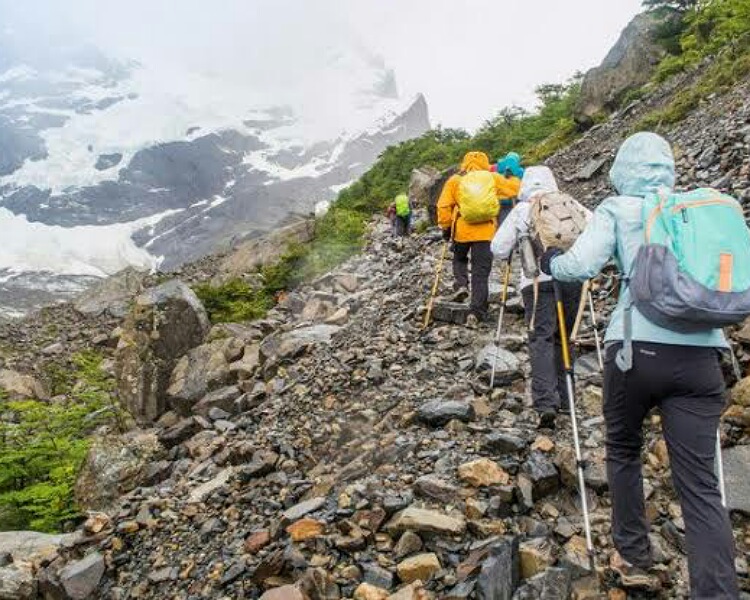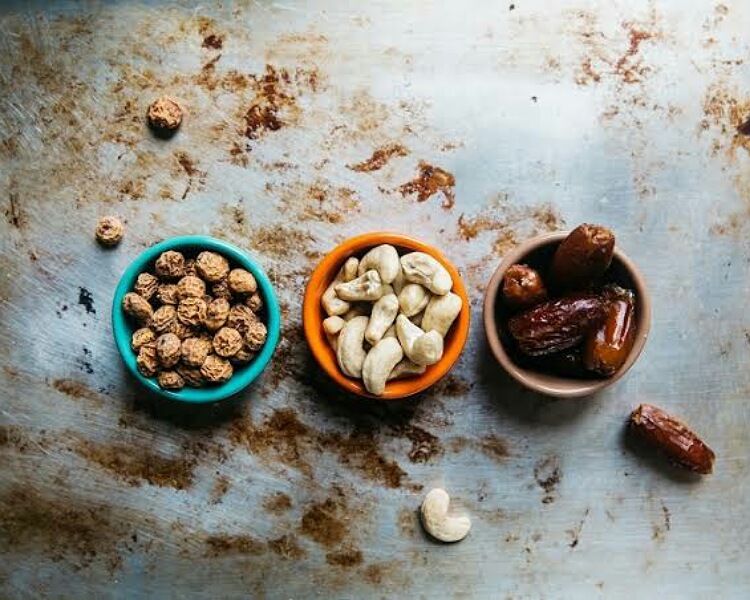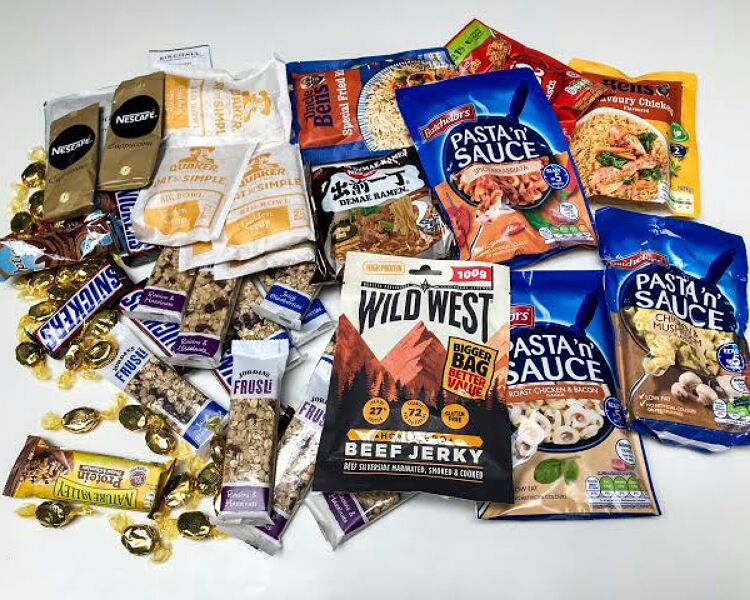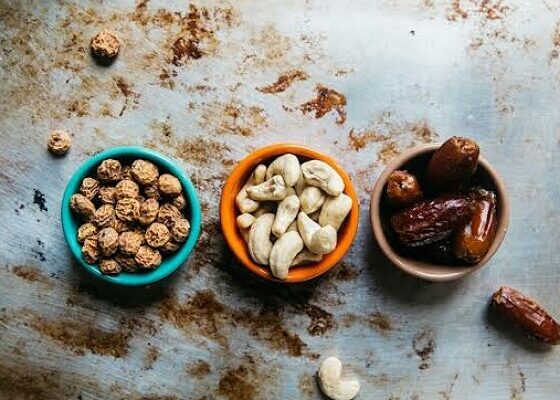Trekking needs a lot of energy. At the same time, one cannot overeat as this will negatively affect the speed and length of the process. So what is the best way to trek? What and how to eat on it? Here are 6 healthy food habits that will make every trek a success for you.
Trekking and food
Trekking is fun. One has to enjoy it. It tests your strength, will power, stamina and helps you to destress. But it’s a high calories-requiring activity. Prathima Chhabria, an experienced coordinator of hikes states:
“The idea here is to replace the calories lost, not feast. You don’t want to feel like a bloated bean bag when you have miles to go uphill, do you?”

Manish Pasad, a researcher on this subject adds:
“One needs to consume the right kind of calories. Carbohydrates do boost energy, but more than the amount, one must ensure that they eat the right kind of carbs. Complex carbohydrates like broken wheat (dahlia) are ideal, since they get released slowly into your system and this will help sustain you for a longer time,”
Healthy food habits for treks
Here are some tips on food habits to follow during treks. This will make your treks smooth and successful.
Have a healthy wholesome breakfast and meals
Before you start the trek, consume a healthy breakfast. Avoid coffee or any caffeinated drinks at this hour. It will dehydrate you more.
Also, eat carbohydrates rich foods for lunch and dinner. Consume whole grains and complex carbohydrates rich foods for these major meals of the day. These foods will digest and absorb slowly. It will keep you full longer and give you a stable energy throughout the trek.
Pocket some dry fruits and nuts

Dry fruits and nuts are good for instant energy when you need it in between the major meals of the day. It will keep you energized enough to complete the trek.
Avoid sugary foods, candies or cream biscuits
These biscuits give you quick energy. But this is followed by a crash and feeling of fatigue and sleepiness. Also, for some, it could lead to sore throat at high altitude. For same reason of crash, also stay clear of energy bars and chocolates.
Read here Lisa Kudrow Diet Plan, Workout Routine, Exercise, Body Measurements
Remain well hydrated
Consume at least 6 liters of water per day. This will overcome the dehydration that comes with trekking and climbs. A well hydrated state is better for treks.
Avoid proteins
High protein foods take longer time to digest. This will make you feel heavy and difficult to walk and climb. But at the same time, you require protein to heal the sore muscles. For this, you can eat eggs.

No alcohol
There should be no alcohol consumption before or during the trek. It can dehydrate and lead to acute mountain sickness especially at high altitude. Experienced trekker, Arjun Majumdar says:
“It becomes very difficult for trekkers to suddenly change their food habits on a trek, especially because they are sweating it out so much,”
“Most of us lead sedentary lifestyles that lack physical exertion and a healthy diet. Such habits lead to difficulties at high altitudes. Want a good Himalayan trek experience? Try tweaking your eating habits a wee bit and it’ll work wonders.”
